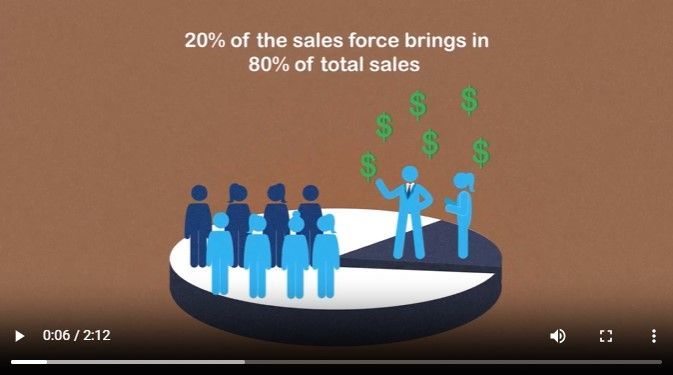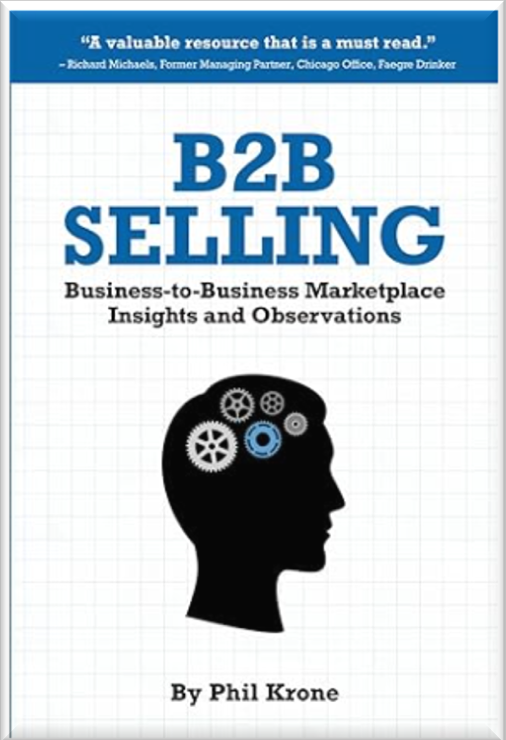By By Phil Krone, President
•
January 17, 2025
Last year after a talk I gave at the Small Business Expo on Business to Business Selling (B2B) , a woman asked for my card because she wanted to meet to tell me about her business and learn more about mine. When we eventually got together she shared that her start-up company’s goal was to console consumers who had suffered the loss of a loved one directly, as she had. But my talk had inspired a new idea: assist funeral homes to improve their services by showing more empathy to their customers who were struggling as she was. I sensed that my talk gave her confidence that, despite the challenges, her business could succeed. What I didn’t realize was that this small assignment for a start-up would eventually have such a big impact on her business as well as an industry.












